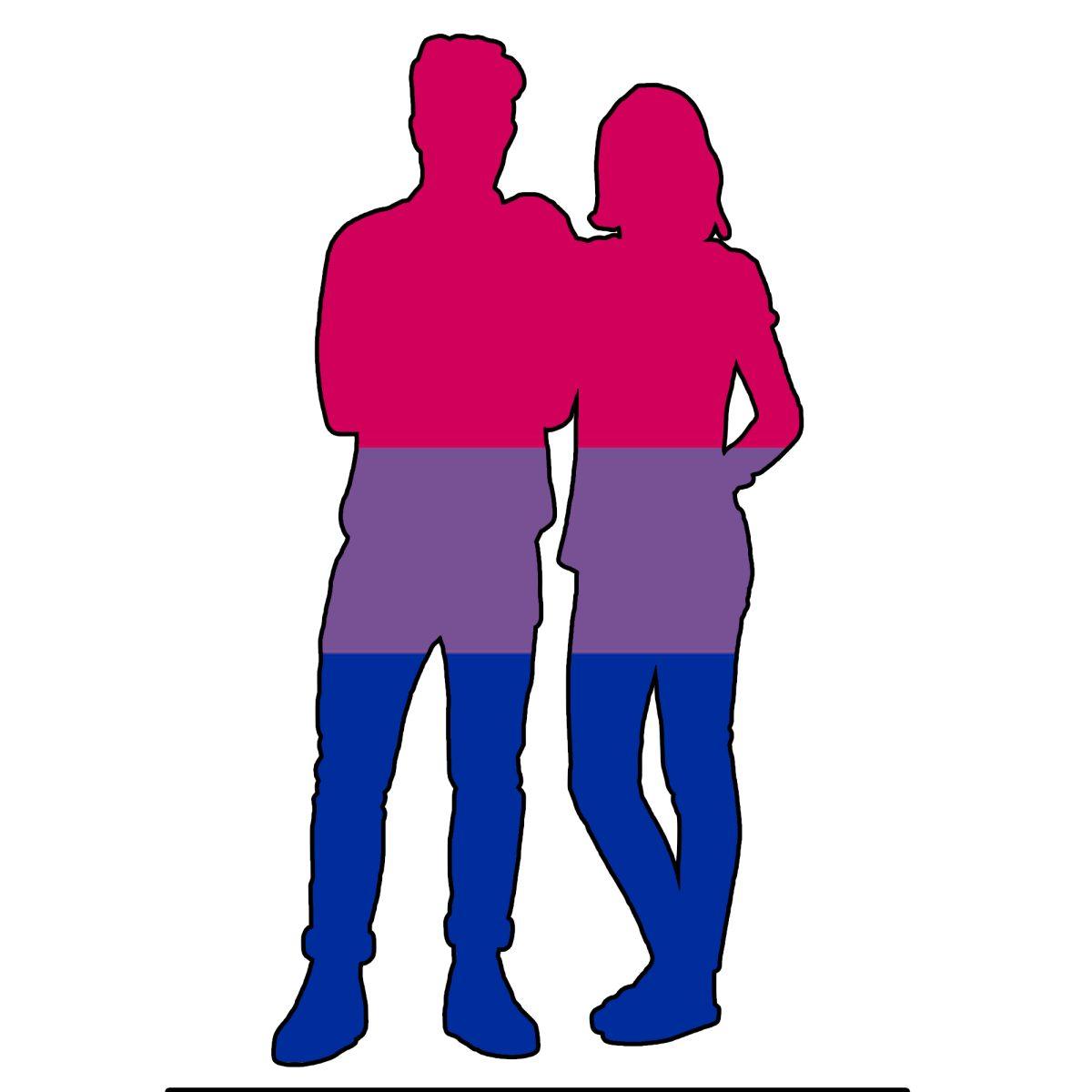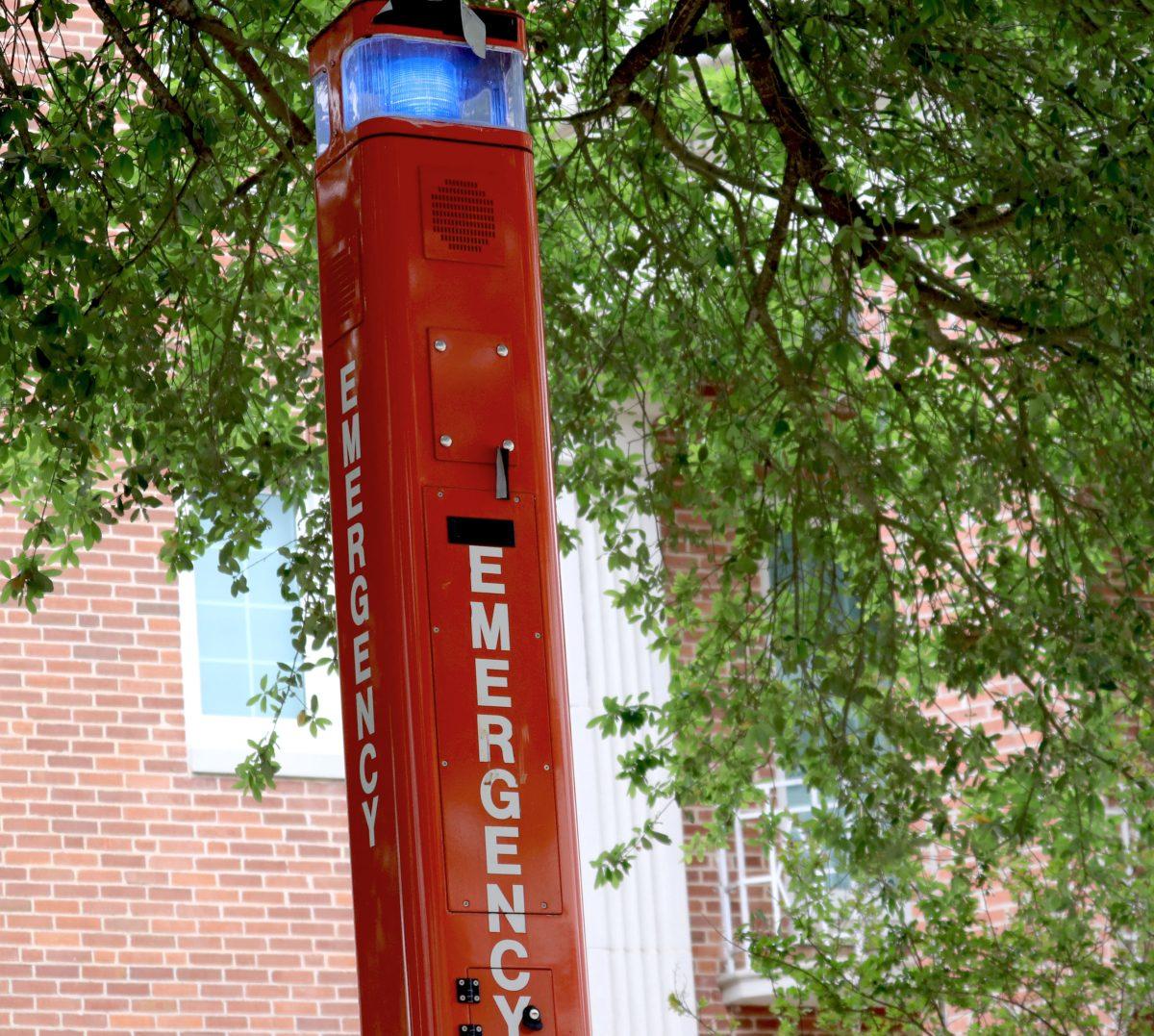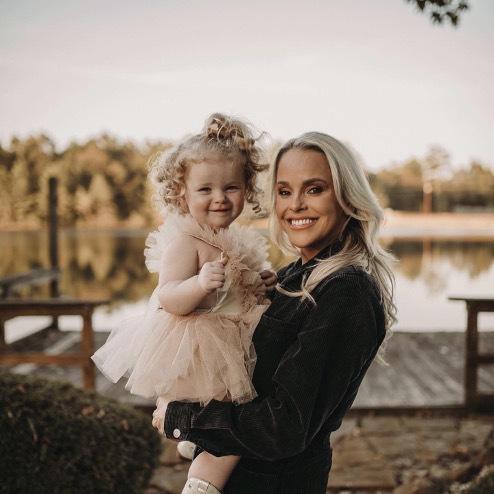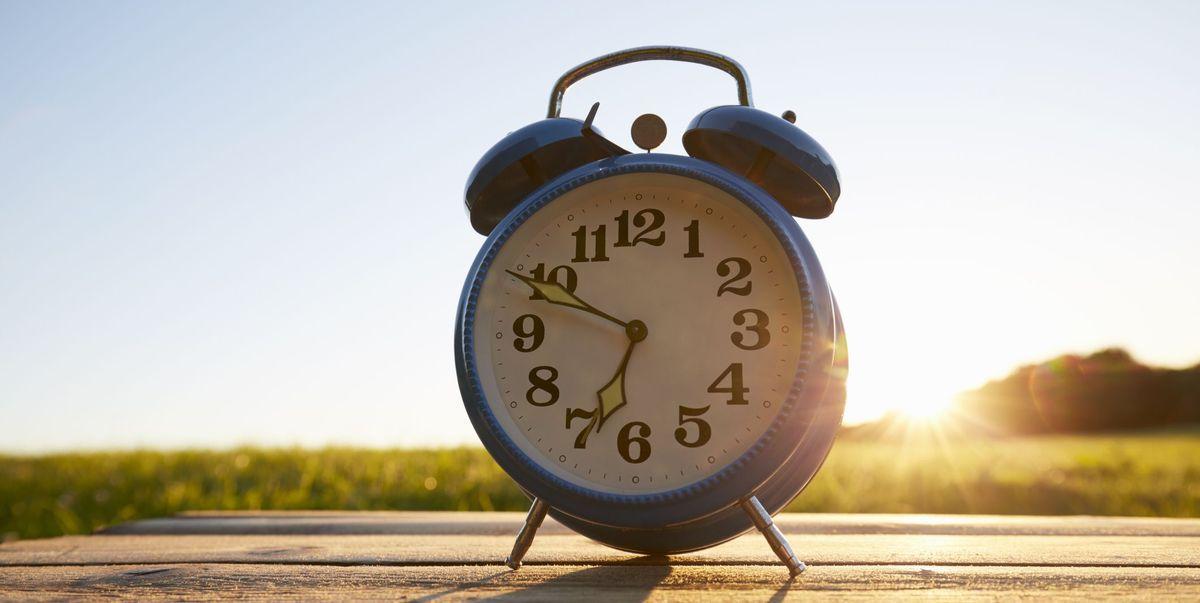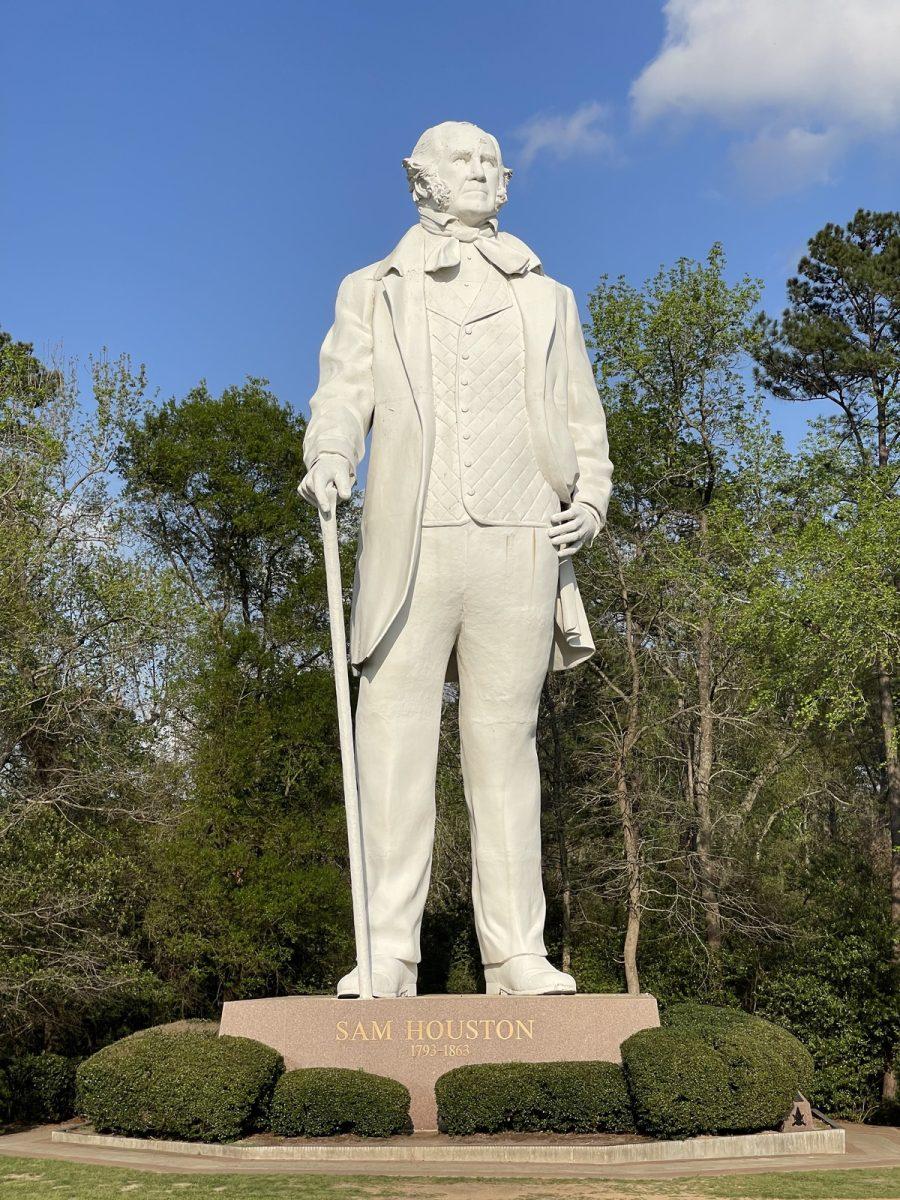
Sept. 23 is Bi Visibility Day, also known as Celebrate Bisexuality Day, which was created to help bring awareness of the issues affecting bisexuals and to promote pride in their identity. The “invisible majority” of people that are bisexual will try to pass as straight or gay due to bias from outside and inside the community.
Using the term bisexual can draw unwanted conclusions from others. It is a common belief that “bi”, meaning two, suggests attraction to only two genders.
The Human Rights Campaign, the largest LGBTQ advocacy group in the United States, says that bisexual can broadly include any sexuality with attraction to multiple genders such as pansexuality or queer. I will stick to this broad definition even though this is still a point of some debate.
Misunderstandings about bisexual people do not stop at confusion over language.
Declaring you are bisexual can be a lonely experience, despite how big you think the dating pool could be.
Revealing your full identity to family, friends or romantic partners can be risky. They may think that the person has not made up their mind, that they do not take relationships seriously or that their sexuality is in transition to complete homosexual attraction. This can lead to break ups, rejections and bullying to the extent that other LGBTQ individuals experience.
Not only can emotional damage occur, or relationships be broken, but a person’s reputation can be damaged as well. Bisexuals may be assumed to be more immoral or depraved because of the base attraction to more than one gender.
Such thinking by non-bisexual romantic partners can have even more dangerous effects than fear and purposeful misunderstandings.
According to the “The National Intimate Partner and Sexual Violence Survey, 2010 Findings on Victimization by Sexual Orientation”, 61% of bisexual women and 37% bisexual men have reported violence from their partners, higher than lesbian, gay and heterosexuals when compared to others in their gender. Reports of sexual assaults from the same study follow a similar pattern.
It should not be surprising that the Journal of Sex Research states bisexuals are shown to be at a higher risk for depression, anxiety and suicidal thoughts.
Bi Visibility Day is not just for bringing awareness to bisexuals and the struggles they may have to deal with. This day is also one of celebration and support of visibility of the bisexual community.
Coming out as bisexual or as any identity in the LGBTQ community is a personal decision. Despite the negatives that can happen, coming out to those who you trust to accept the person you are can be freeing. Doing so as a bisexual can help normalize the “invisible majority” and encourage wider approval of the identity. I’ll start. I’m bisexual and no matter what you identify as in the LGBTQ community, I’m here to help.
If you need support from the local LGBTQ community and allies, go to Haven or Gamma Sigma Kappa here at Sam Houston State University. Depending on the severity of your situation you may want to call the LGBT National Hotline for advice at 1-888-843-4564. If you have suicidal thoughts contact the Trevor Project at 1-866-488-7386 or the National Suicide Prevention Lifeline at 1-800-273-8255.If you need support from the local LGBTQ community and Allies, go to .

